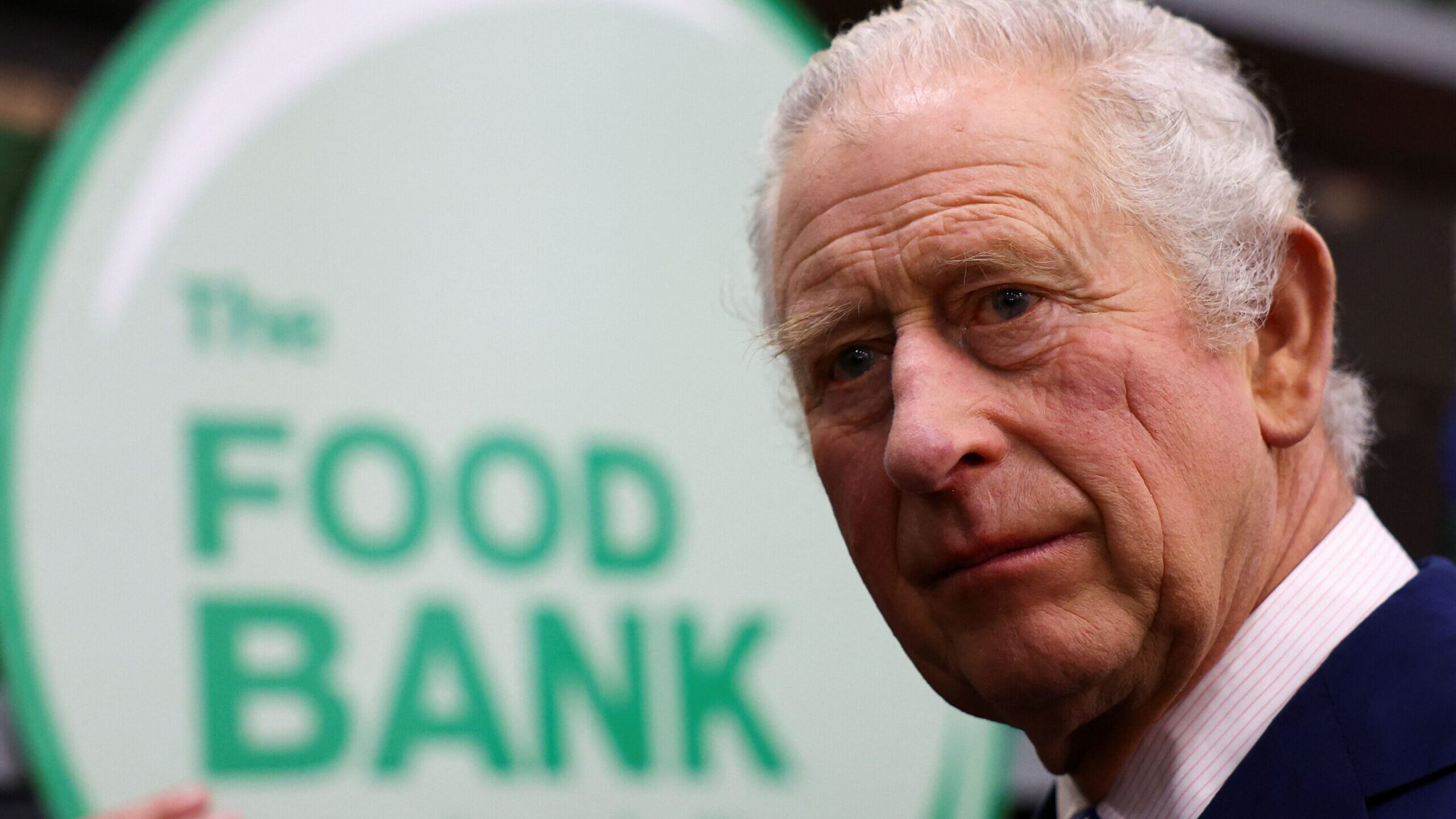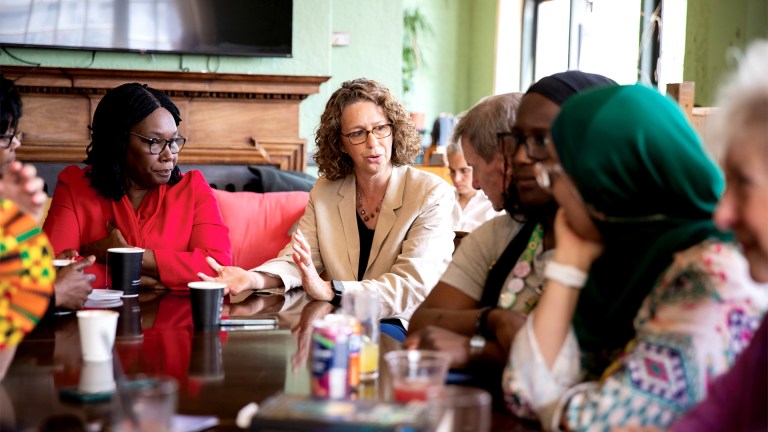The same month, the King also donated £1million – dubbed a “substantial personal donation” – to food banks across the country. He did this through four charities: the Trussell Trust, FareShare, the Felix Project, and the British Asian Trust.
Along with the Fuel Bank Foundation, the Trussell Trust and FareShare joined calls for the chancellor to postpone April’s increase in energy bills.
In January, Charles made a £1.95 million donation to seven charities. One of these was The Wildlife Trusts. This donation was announced days after The Wildlife Trusts was a signatory of an open letter to peers, urging them to amend the Public Order Bill to reduce its impact on the right to protest.
Another beneficiary of this January donation was Age Scotland. In April, the charity asked the Scottish government to reinstate the post of a specific Minister for Older People.
Your support changes lives. Find out how you can help us help more people by signing up for a subscription
There is nothing constitutionally untoward going on here – the monarch is able to donate to charity, and charities are in turn able to engage in the democratic process, advocating for those they were set up to help.
Advertising helps fund Big Issue’s mission to end poverty
Much was made of the late Queen’s show of remaining politically neutral. This perception was seen as a key pillar of her stewardship of the monarchy through turbulent decades. But during her reign the Queen balanced the poker face with her patronage of over 600 charities.
Described as having a “lifetime of private activism” by the time he ascended the throne, Charles’s support for climate change, traditional architecture, and his opening speech at COP26 mean his opinions have for decades been well known.
Get the latest news and insight into how the Big Issue magazine is made by signing up for the Inside Big Issue newsletter
His ‘black spider memos’ – handwritten notes to government officials and ministers – showed an heir willing to push for policy changes on troop equipment, badger culls and alternative medicines.
As king, Charles must plot a different course. But in a recent paper, Robert Hazell, professor of government and the constitution at University College London, argued Charles can still find a way.
“Without being outspoken about it, he can continue to be patron of charities and causes close to his heart; he can include them in his programme of royal visits; he can invite them to receptions at Buckingham Palace,” wrote Hazell.
Advertising helps fund Big Issue’s mission to end poverty
“Charles has long been aware of his convening power, as was evidenced in the reception for religious leaders (also held in the hectic first week) to hear Charles proclaim his support for other faiths and communities, not just the Church of England.”
Taken together, the donations paint a picture of how King Charles will support causes close to his heart. Of note, too, is the fact the donations were made public – a sign these are causes the crown wishes to be publicly aligned with.
And with a crisis seemingly everywhere you look, the lines between support for positive social change and a push for systemic change may become blurred. Charity is not apolitical, after all.
But even before his big day at the Abbey, we’ve had a taste of what Charles the charity King might look like.
Do you have a story to tell or opinions to share about this? We want to hear from you. Get in touch and tell us more.









